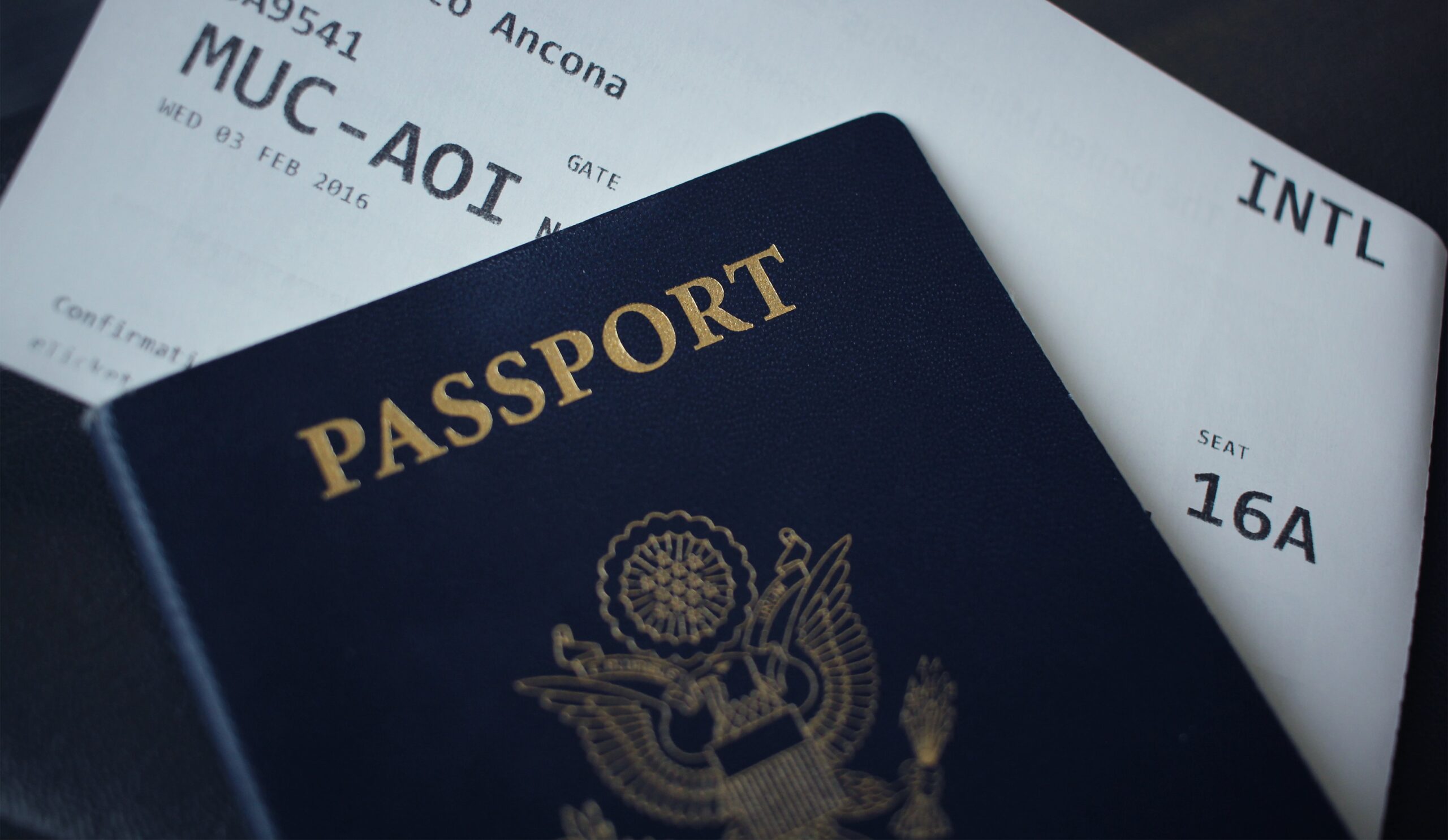Step into a world where ancient traditions blend seamlessly with cutting-edge technology, where cherry blossoms paint the landscapes in vibrant hues, and where culinary delights tantalize your taste buds. Japan, the Land of the Rising Sun, has captivated the hearts of many with its rich culture and fascinating history. In recent years, teaching English in Japan has emerged as an exciting opportunity for globetrotting educators seeking an immersive experience in this enchanting country. Join us as we embark on a captivating journey into the realm of teaching English in Japan, unveiling the hidden gems and adventures that await.
A Cultural Extravaganza
Immerse yourself in the tapestry of Japanese culture. Discover the art of tea ceremonies, witness mesmerizing traditional festivals, and indulge in the captivating world of manga and anime. Teaching English in Japan provides a front-row seat to the vibrant tapestry of Japanese customs and traditions, allowing educators to become true cultural ambassadors.
Exploring the Enchanting Landscapes
From the serene beauty of Mount Fuji to the bustling streets of Tokyo, Japan offers a myriad of breathtaking landscapes waiting to be explored. As an English teacher, you’ll have the opportunity to venture beyond the classroom walls and discover the wonders of this awe-inspiring country. Hike ancient trails, soak in rejuvenating hot springs, and witness the natural splendor that defines Japan’s allure.
Navigating the Teaching Landscape
Uncover the diverse range of teaching opportunities available in Japan. Whether you choose to teach in public or private schools, language institutes, or even as a private tutor, there are options to suit every preference. Gain valuable experience while nurturing young minds, fostering language skills, and building lifelong connections with your students.
Exploring Diverse English Teaching Opportunities in Japan
As the demand for fluent English speakers grows in Japan, English teaching positions have become highly sought after. This article provides an overview of the various teaching positions available, shedding light on the work hours, pay scales, and application processes. Whether you aspire to work in private schools, public schools, or offer private lessons, this guide will help you navigate the different paths of English teaching in Japan.
- Private Schools
Private companies like AEON, ECC, and Berlitz hire English teachers for various age groups, including children and adults. Lessons are often conducted outside regular school hours. While private school positions may require longer working hours compared to ALTs, the pay is generally higher.
- Public Schools
Some public schools in Japan independently recruit English teachers. Organizations facilitate the hiring process, and working hours typically range from 30 to 35 hours per week, restricted to weekdays. Qualification requirements may vary depending on the hiring organization.
- Private Lessons
Private lessons, conducted one-on-one, are growing in popularity, often taking place in cafes or other public spaces for student safety. Offering private lessons allows flexibility in determining your working hours and locations. While no formal qualification requirements exist, it is essential to ensure your work aligns with your immigration status and to secure your own students.
Teaching English in Japan presents a range of opportunities to immerse yourself in the country’s unique culture and contribute to its language education. Whether you choose private schools, public schools, or private lessons, each path offers distinct advantages. By considering factors such as working hours, pay scales, and application processes, you can make an informed decision about your English teaching journey in Japan.
Salaries, Benefits, and Job Requirements in English Teaching Positions
On average, English teachers in Japan earn a monthly salary ranging from $1,700 to $5,000. However, the specific amount depends on factors such as your position and the type of school you work for. In addition to competitive salaries, English teachers often enjoy several common benefits, including:
- Housing: Many schools provide accommodations or housing allowances for their teachers.
- Flight Reimbursement: Some schools offer reimbursement for the cost of your initial flight to Japan.
- Transportation Passes: Depending on the school, teachers may receive transportation passes to facilitate their daily commute.
- Cell Phone SIM Cards: Schools may provide cell phone SIM cards or assistance in obtaining one.
- Free Lunch at Schools: Teachers often receive complimentary meals at the schools they work in.
The primary hiring seasons for English teaching positions in Japan are from January to March and from June to August. These periods align with the start of the school year in April and the beginning of the September semester.
Visas
To teach English in Japan, you will need a working visa. Many language schools sponsor the visa application process for their teachers. It is important to check with your specific school regarding visa sponsorship. Typically, having a bachelor’s degree (in any major) is a requirement to obtain a working visa. Additionally, if your country has a partnership agreement with Japan, you may be eligible for a working holiday visa, allowing you to work part-time.
Common Requirements
- Bachelor’s Degree: Having a bachelor’s degree is generally required, and it can be in any major. However, if you aim to teach in college, a master’s degree is often preferred.
- Native English Speaker: Teachers must be native speakers from the US, UK, Ireland, Canada, Australia, New Zealand, or South Africa.
- CELTA/TEFL Qualification: While not always mandatory, holding a CELTA or TEFL qualification can increase your chances of securing higher-paying positions.
- Teaching Experience (Preferred): Previous teaching experience is often preferred by schools.
- International Driver’s License: Some positions may require teachers to have an international driver’s license if commuting to multiple schools.
- Clean Criminal Record: A clean criminal record is typically a requirement for visa applications.
- Pass Health Exam and Drug Test: Depending on the school and position, you may need to pass a health examination and drug test.
Teaching English in Japan offers attractive salaries, diverse benefits, and exciting opportunities to experience Japanese culture. By considering the specific requirements, application periods, and visa processes, you can take the necessary steps to embark on a rewarding journey as an English teacher in Japan.
Embracing the Work-Life Balance
Japan’s unique work culture, known for its dedication and precision, offers an opportunity for personal and professional growth. Experience a harmonious work-life balance as you explore the dynamic metropolises, savor delectable cuisine, and engage in cultural activities during your leisure time. Discover the art of mindfulness and find solace in the tranquil beauty of Japanese gardens.
Cost of Living in Japan as an English Teacher
If you are considering living in Japan as an English teacher, it’s important to understand the cost of living in the country. While Japan is not known for being a cheap place to live, working as an English teacher should provide you with sufficient income to cover your expenses.
Accommodation
If accommodation is not included in your employment contract, you will need to budget for rent. The cost of living in Japan varies depending on your location and the type of accommodation you choose. On average, monthly living costs range from 45,000 to 70,000 yen. Keep in mind that living in Tokyo will likely be more expensive. Consider options such as share houses or guest houses, as they can offer more affordable living arrangements, particularly in urban areas.
Food
The amount you spend on food will depend on whether you cook at home or eat out, as well as your personal eating habits. On average, you can expect to spend around 40,000 to 55,000 yen per month on food in Japan.
Electricity and Plumbing
For utilities like water and electricity, the average Japanese individual living alone typically spends around 2,000 yen on water and approximately 6,000 yen on electricity per month.
It’s worth noting that these figures are rough estimates and can vary based on your personal lifestyle choices and location within Japan. It’s recommended to create a detailed budget that suits your specific circumstances to ensure you can comfortably cover your expenses.
Conclusion
Teaching English in Japan presents an extraordinary chance to unlock the secrets of this captivating nation. From the bustling streets of Tokyo to the serene temples of Kyoto, every corner of Japan offers a treasure trove of experiences and memories waiting to be made. As an English teacher, you will not only impart language skills but also embark on an adventure that will transform your life. Embrace the Land of the Rising Sun and embark on a journey like no other. Are you ready to make a lasting impact while immersing yourself in the wonders of Japan? The path awaits you.
Sources:
- Japan National Tourism Organization – Official Website: https://www.japan.travel/
- Ministry of Education, Culture, Sports, Science and Technology (MEXT) – Official Website: http://www.mext.go.jp/
- Go Overseas – Teaching English in Japan: https://www.gooverseas.com/teach-abroad/japan
- Japan Association for Language Teaching (JALT) – Official Website: https://jalt.org/
- The Japan Times – Teaching English in Japan: https://www.japantimes.co.jp/life/2008/08/10/general/teaching-english-in-japan-what-should-i-expect/
- Japan Experience – Japanese Culture and Traditions: https://www.japan-experience.com/to-know/culture-traditions
- Japan Guide – Traveling and Sightseeing in Japan: https://www.japan-guide.com/
- Interac ALT Community – Official Website: https://interacnetwork.com/
- ConversationExchange.com – Language Exchange Community: https://www.conversationexchange.com/


